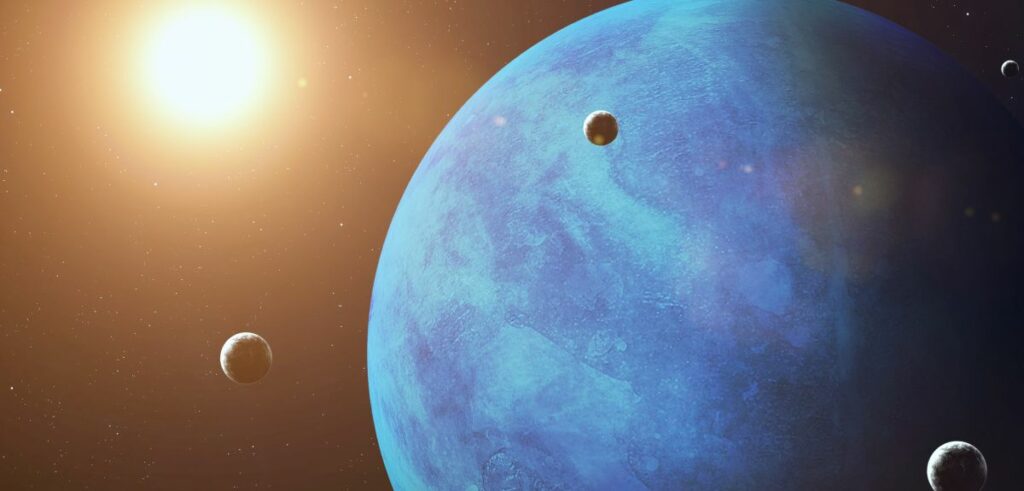Given all the uncertainties in climate science, it’s important to cling to one key point: The science is settled and it’s worse than we thought. Except for all the evidence that the models are worse than reality, which means reality is less bad than we thought. Which, in some circles, is a problem, and to fix it we have models. See, if you fiddle how the models simulate clouds, you get a sharp increase in climate sensitivity to GHGs, at least in the simulations, which in the end is all that matters.
In the real world of science, when you get a weird result, you try to make it go away. If you can’t, you have a discovery. But science proceeds less by verifying hypotheses than by falsifying them and keeping the ones that resist all efforts to crush them.
Except when the topic is climate. Thus according to the reliably hare-brained Guardian, “Worst-case global heating scenarios may need to be revised upwards in light of a better understanding of the role of clouds, scientists have said. Recent modelling data suggests the climate is considerably more sensitive to carbon emissions than previously believed, and experts said the projections had the potential to be “incredibly alarming”, though they stressed further research would be needed to validate the new numbers. Modelling results from more than 20 institutions are being compiled for the sixth assessment by the United Nations Intergovernmental Panel on Climate Change, which is due to be released next year.”
Note how the story conflates “a better understanding” with outputs from new models that have not been tested against actual observations despite their being labeled “data”. (It also says “This has shocked many veteran observers, because assumptions about climate sensitivity have been relatively unchanged since the 1980s” which as our video on the subject shows is not true.) But if the model predictions do not match actual data, if they have consistently overpredicted warming and the latest generation predict even more than their unsuccessful predecessors, the appropriate response would be to think they’re modeling clouds even more poorly and to make some sort of effort to test that hypothesis.


